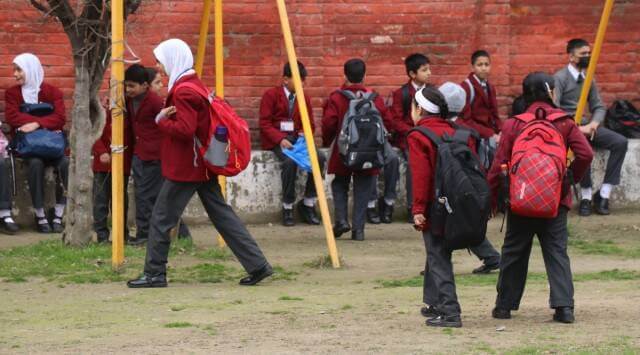
When NK Singh and Lawrence Summers were appointed co-conveners of the G20 independent expert group tasked with reforming and strengthening multilateral development banks (MDBs), the enormity of their mission was apparent. In less than five months, they were entrusted with crafting a roadmap to address one of the most complex challenges of our times. Their goal: to present their findings in time for the G20 finance ministers’ meeting in July, which would then feed into the upcoming leaders’ summit scheduled to commence on Saturday.
Despite the daunting task before them, NK Singh, Lawrence Summers, and their fellow group members have accomplished a remarkable feat. They have delivered a comprehensive blueprint that not only outlines the expansion of the mandate of MDBs, with a particular focus on the World Bank Group, but also proposes measures to bolster the resources available to these institutions to effectively address their broader mandates. Remarkably, they achieved this consensus during a time of heightened international division.
In a recent conversation with HT, NK Singh expressed optimism about the progress made, stating, “What was impossible now looks more possible.” He referred to the submission of Volume 1 of the group’s report, which is expected to shape the Delhi declaration, and the upcoming submission of Volume 2 to the finance ministers during their final meeting under the Indian presidency in Marrakesh in October.
Volume 1 of the report concentrates on three key themes. Singh explained, “Basically, what we have said is that the lending capabilities of MDBs would be tripled; their mandate would be expanded from ending extreme poverty and boosting shared prosperity to include issues of global public goods (GPGs); and that, besides the International Development Association (IDA) for concessional finance and the International Bank for Reconstruction and Development (IBRD) for normal finance, a new mechanism would be created to harness resources in more innovative ways. This mechanism would involve greater private capital participation to address GPGs and trans-boundary issues.”
Singh noted that the response to these recommendations had been more positive than expected. However, he also acknowledged that this work is an ongoing process. In Marrakesh, the group plans to elaborate on leveraging private capital, propose innovative risk mitigation mechanisms for the new lending methods, and recommend immediate steps to be taken in low-income and some middle-income countries grappling with increased poverty and decreased prosperity.
Regarding the upcoming leaders’ summit, Singh highlighted paragraph 40 of the joint statement issued by Joe Biden and Narendra Modi at the conclusion of Modi’s “outstanding” state visit to the US in June. This paragraph marked a turning point as the US and India pledged to strengthen MDBs and emphasized the need for these institutions to evolve their vision, incentive structures, operational approaches, and financial capacity. This evolution aims to equip MDBs better to address a wide range of Sustainable Development Goals (SDGs) and trans-boundary challenges, including climate change, pandemics, conflicts, and fragility.
Most significantly, the joint statement outlined the intention of the US and India to work together to secure G20 commitment to create a significant new dedicated pool of funds at the World Bank. This pool would be used for concessional lending to address global challenges and enhance support for crisis response in International Development Association (IDA) recipient countries.
Singh expressed his expectation that this commitment would materialize during the summit, paving the way for the implementation of the expert group’s recommendations.
Referring to recent articles authored by both Summers and himself, Singh emphasized the urgency of the situation. He stated, “The world is indeed on fire. Urgency is the name of the game. I expect a strong push on all major issues of reform of MDBs. It will certainly find positive mention in the Delhi declaration. I expect that the adequacy of finance and resources to address both traditional issues of poverty and emerging issues will find suitable and appropriate recognition.”










